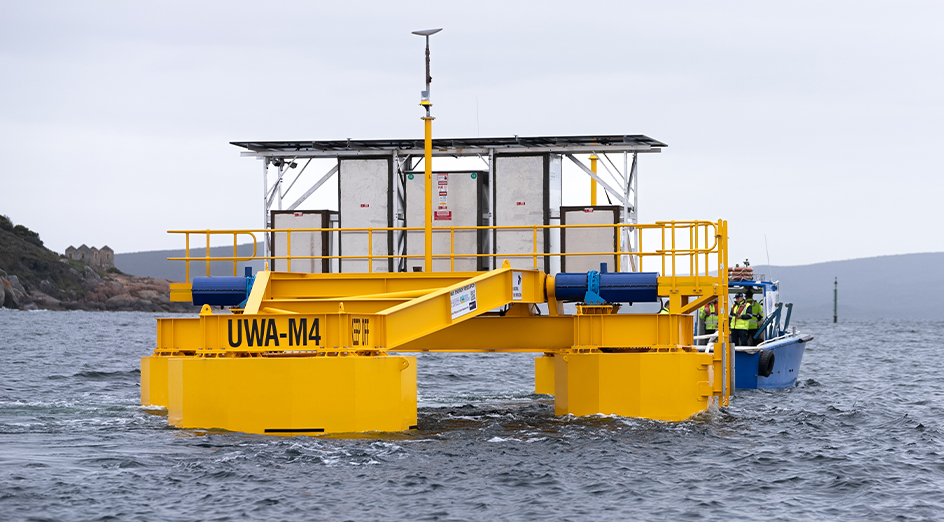The Chamber of Minerals and Energy WA (CME) welcomes the introduction to Parliament of the Federal Government’s Future Made in Australia Bill, which provides substantial incentives for critical minerals processing and hydrogen production.
CME Chief Executive Officer Rebecca Tomkinson said timely passage of the legislation would implement two key budget announcements from earlier this year aimed at capturing more investment to support strategic industries.
“Australia’s resources, including our critical minerals, have a key role to play in the energy transition,” Ms Tomkinson said.
“This measure recognises the Federal Government’s commitment to supporting industry to level the playing field in what is an intensely competitive global market.
“Passage of the legislation would set an important investment signal for further value adding activities and provide certainty to industry.”
The Bill aims to establish a Hydrogen Production Tax Incentive worth $2 per kilogram of renewable hydrogen produced between 2027-28 and 2039-40 for up to 10 years per project.
It would also establish a Critical Minerals Production Tax Incentive worth 10 per cent of processing and refining costs for designated critical minerals refined between 2027-28 and 2039-40, again for up to 10 years per project.
Ms Tomkinson said the significant incentives were important but represented one part of a much broader puzzle.
“WA is competing against jurisdictions that are rolling out the red carpet for downstream processing, including through fast-tracked project assessments, financial assistance and the provision of turnkey industrial land,” Ms Tomkinson said.
“Access to low-emission, reliable and internationally competitive energy prices are another important factor for businesses determining the best location for value-adding industry.
“It is therefore vital that Government support extends beyond production tax credits.
“To capitalise on opportunities presented by the net zero transition, it is more important than ever that both State and Federal policy settings are aligned in support of the resources sector.”








